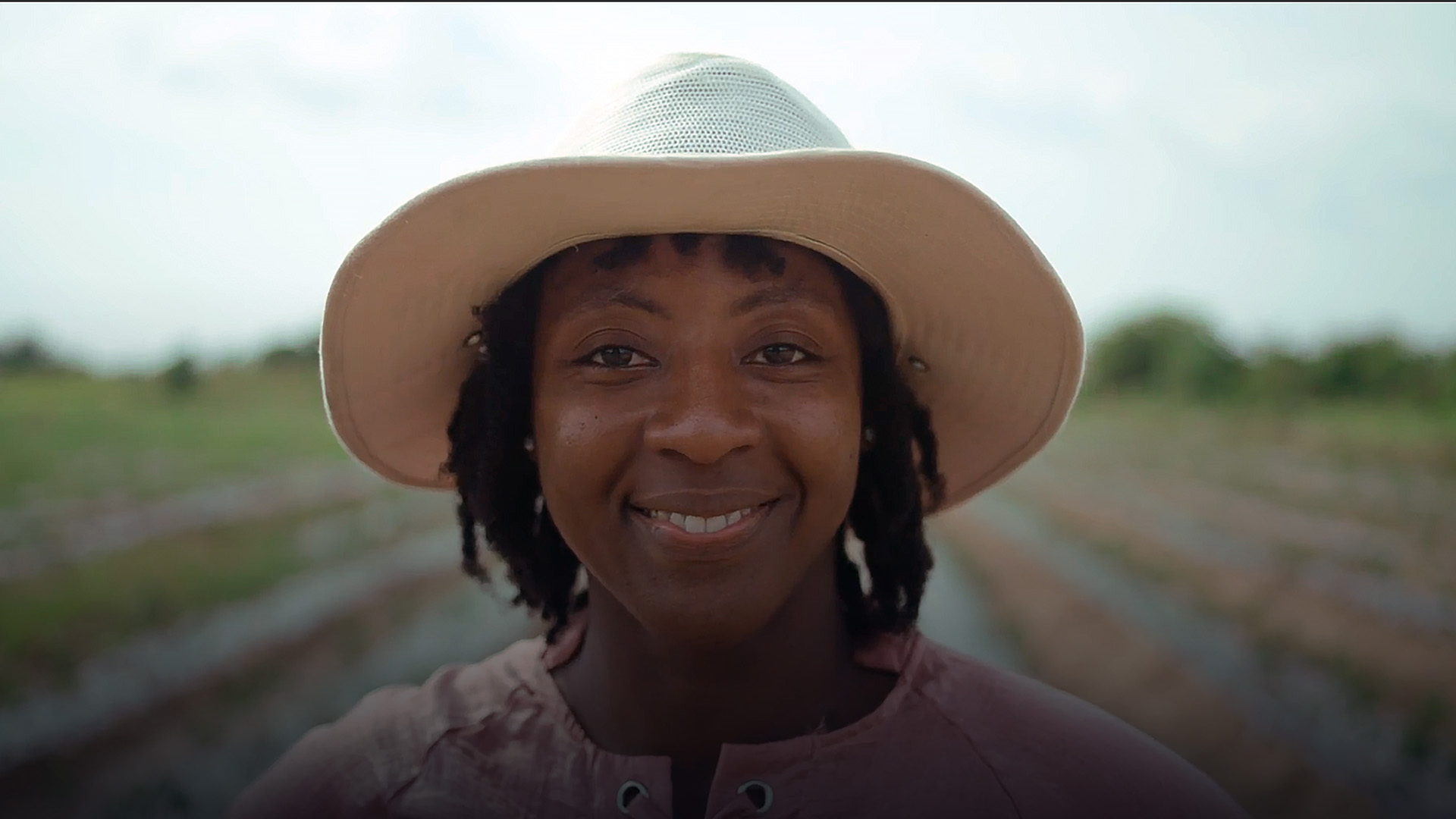In brief
- The study has been running since 2014 as part of efforts to understand developmental patterns in Berekuso and implications for planning by municipal and local authorities.
- It has identified several priorities for planning, key among them being sustained access to household water, the loss of agricultural lands and an emerging demand for new jobs.
- Click here to read a summary of the study report.
Go further
Since Ashesi started construction for its campus in Berekuso in 2009, the University has been committed to contributing to the developmental goals of the area, with an emphasis on education. The Berekuso Impact Study, led by Humanities and Social Sciences faculty Rebecca Awuah and Dr. Sena Abodjah, was started to help identify ways in which the community has been evolving and the impact of Ashesi's presence. The study has also provided targeted opportunities for students and faculty at Ashesi to engage with the community and its development. Through the Stephen Adei Research Studio, students have supported the impact study effort and developed a stronger sense of civic responsibility.
The study has identified that migration to Berekuso has increased, with more than half of households being established after Ashesi's campus construction started in 2009. The majority of recent arrivals (65%) moved to Berekuso because of employment or land acquisition, with the median age for this group now at 31, younger than long-term residents whose median age is 42 years. Recent arrivals also have higher tertiary education completion rates, which could affect job demand in the area.
The study also found that many households rely on multiple sources of income, key among them being self-employment income, wage employment income, remittances and farming income. 65% of households are engaged in some form of farming, with 42% relying on subsistence farming for food. However, the study's findings reveal that the agricultural community is slowly transitioning into a suburban area as real estate land acquisition grows, which could introduce new challenges for households.
"The studies conducted in previous years have been instrumental," says Rebecca Awuah. "We hope to examine additional patterns and identify persisting issues in this year's survey. We have begun laying the groundwork and hope to get as much participation as possible."
As part of the groundwork, the research team convened Berekuso community leaders and stakeholders in December 2022 to share their progress and key learnings from the study. Participants at the convening shared their perspectives on priorities for Berekuso and their expectations for the district's political leadership.
"Ashesi is committed to positively impacting this community," added Rebecca. "Understanding these changes in Berekuso helps us see how and where that impact is happening and how we can be more intentional.”
Since its inception, different faculty and students have supported the Berekuso Impact Study. They are William Annoh, Dr. Dennis Osei, Eric Acheampong, Derrick Osae, Joshua Lartey, Abigail Ansong, Hannah Dorkenu, Elvis Okoh-Asirifi, Abraham Akoto, Teni Agana, Gabriel Otoo, Zelda Barnes, and Eric Kuwornu. Click here to read a summary of the study report.




